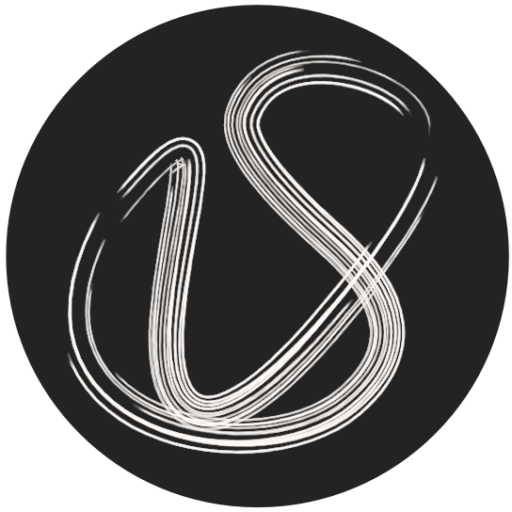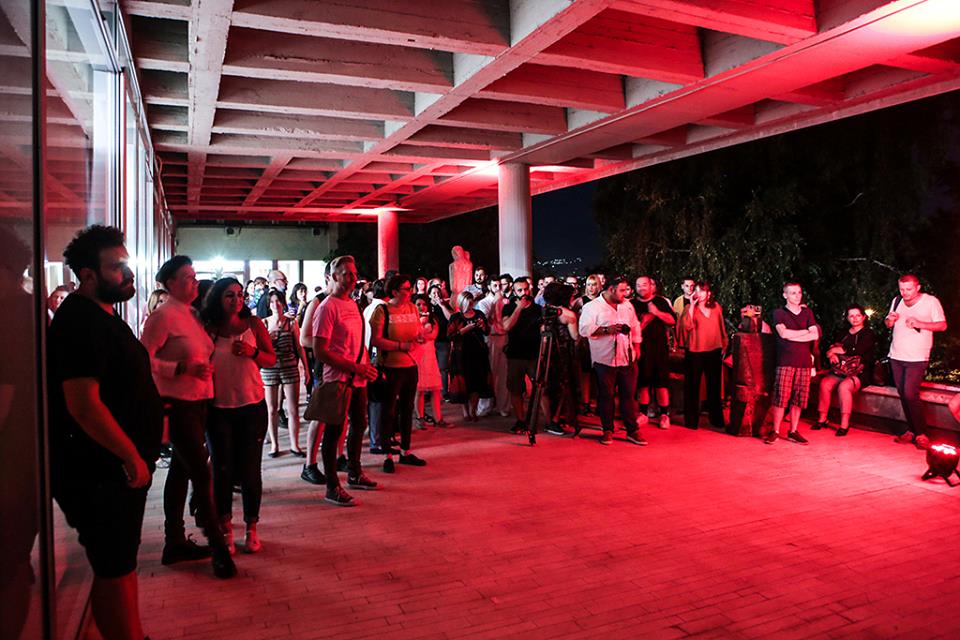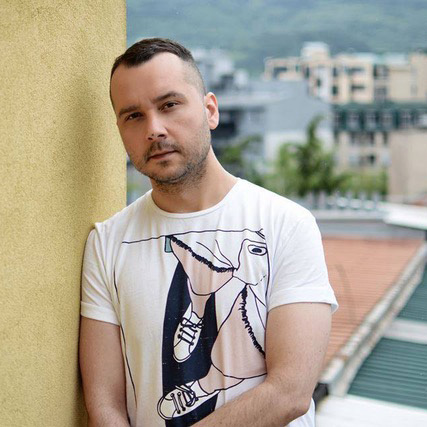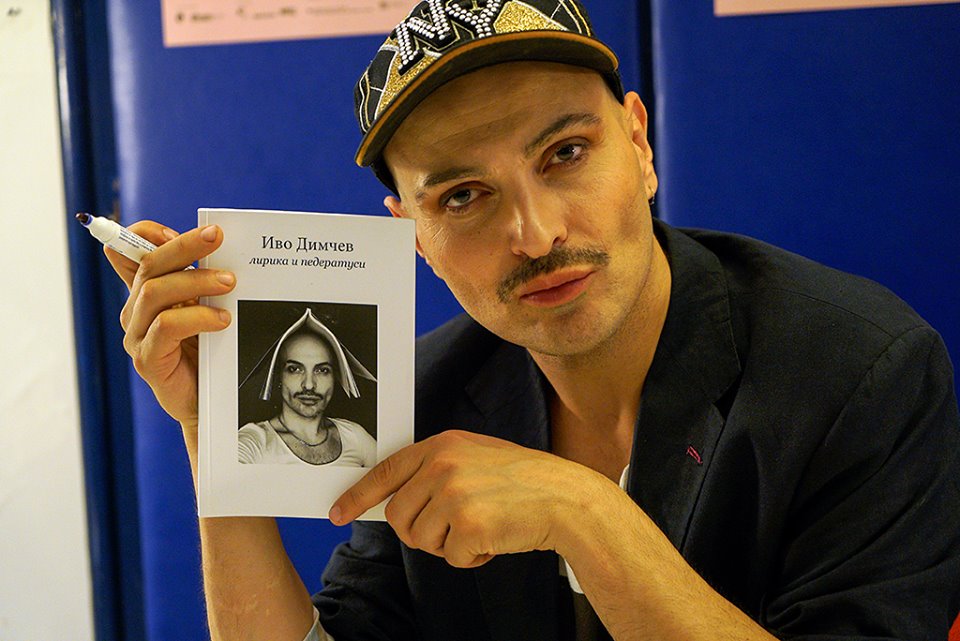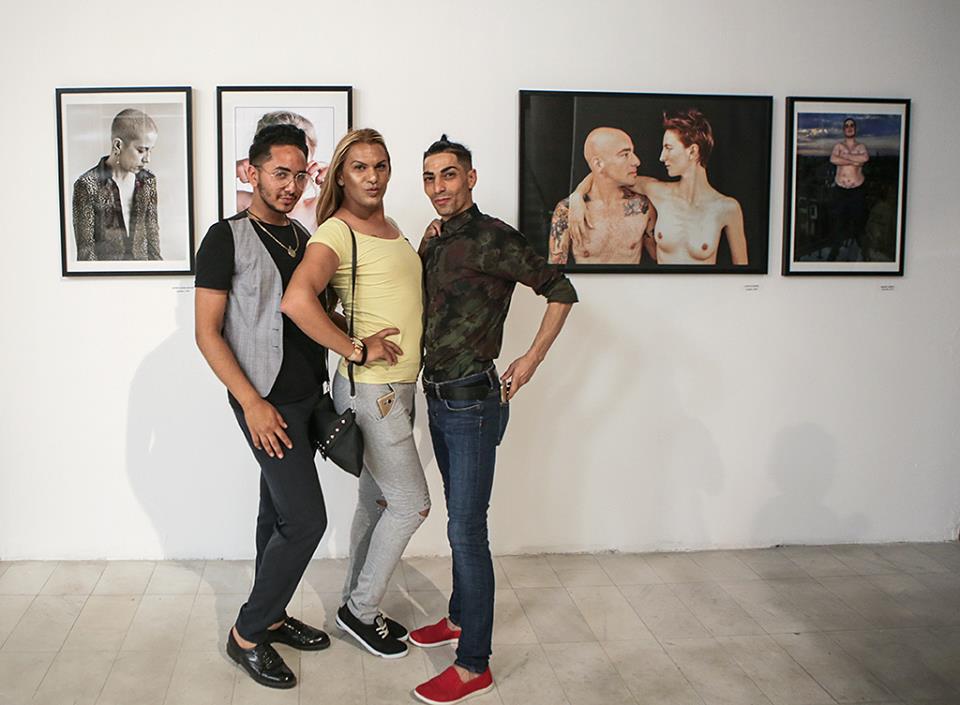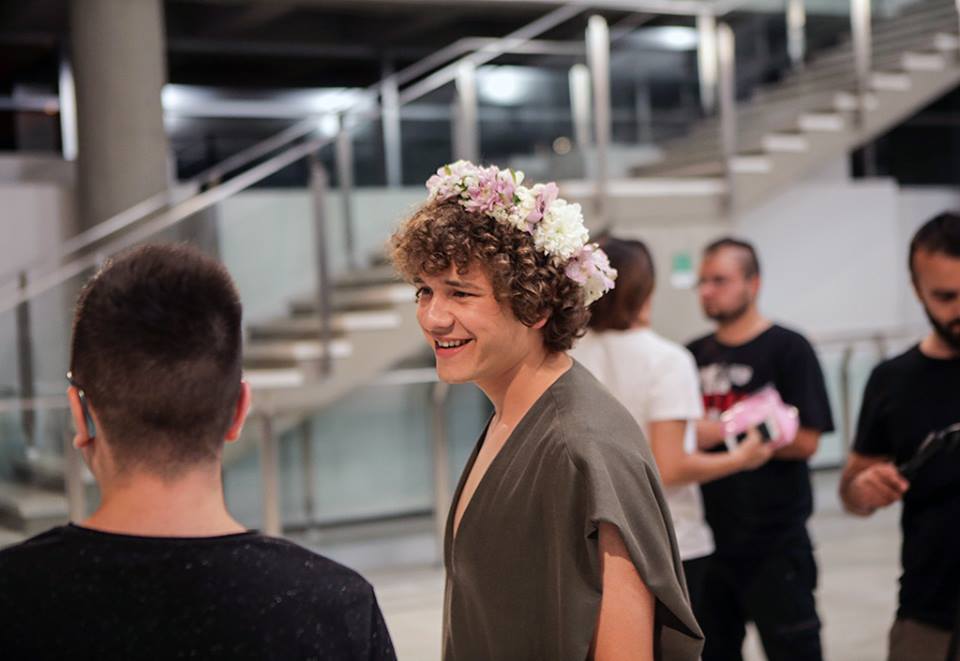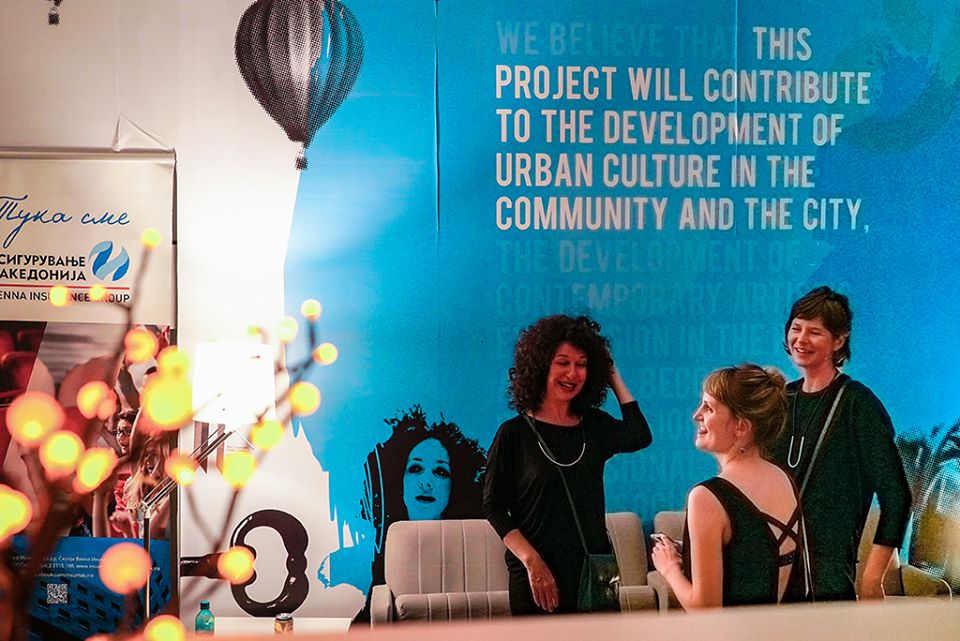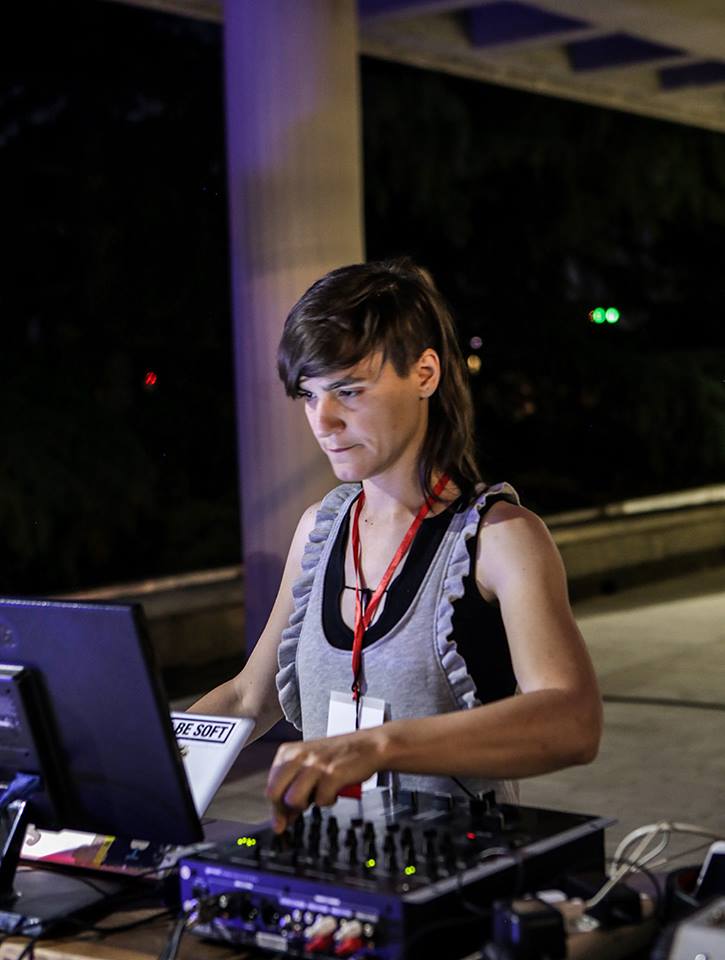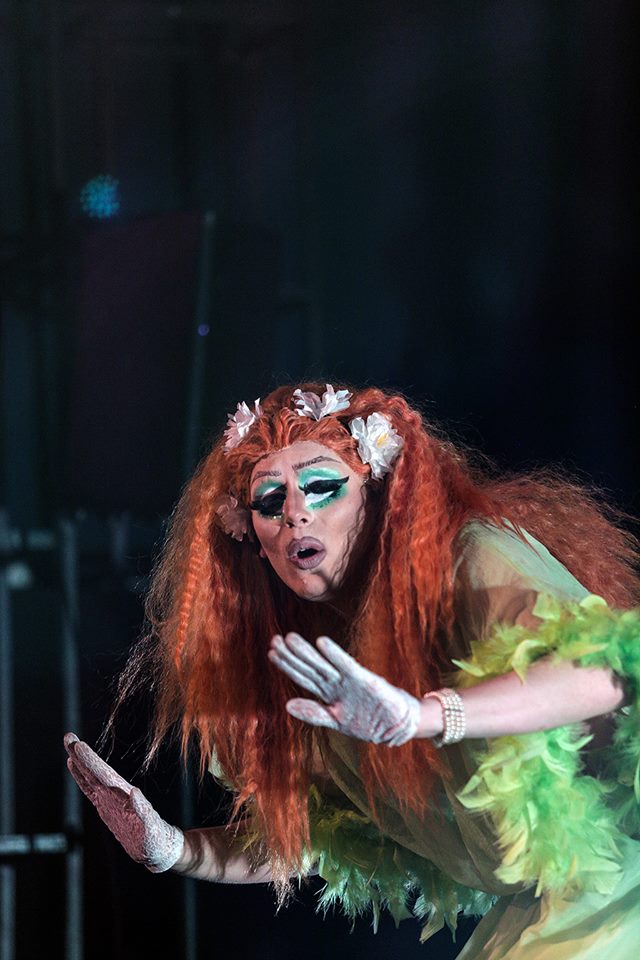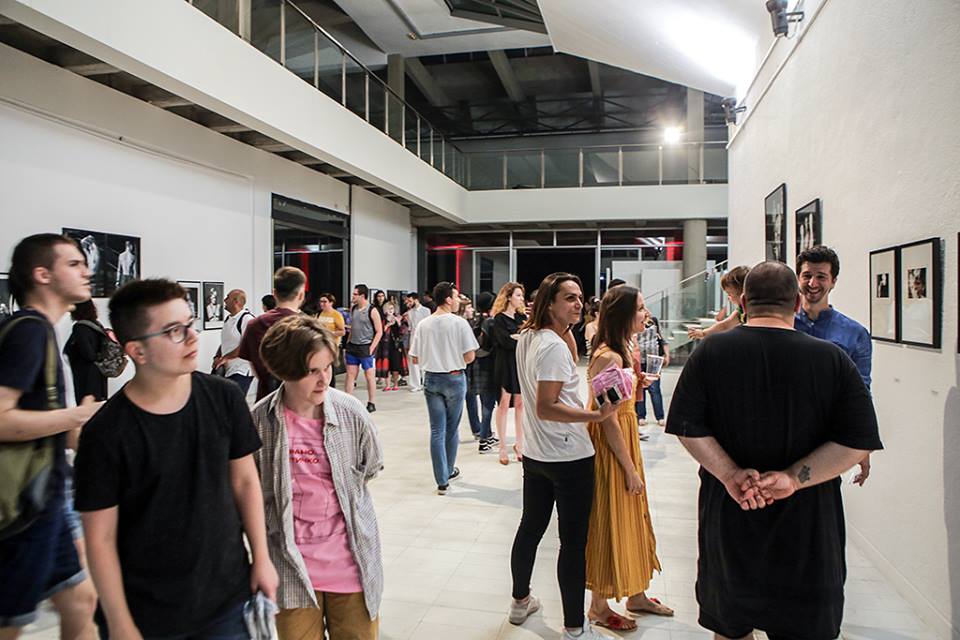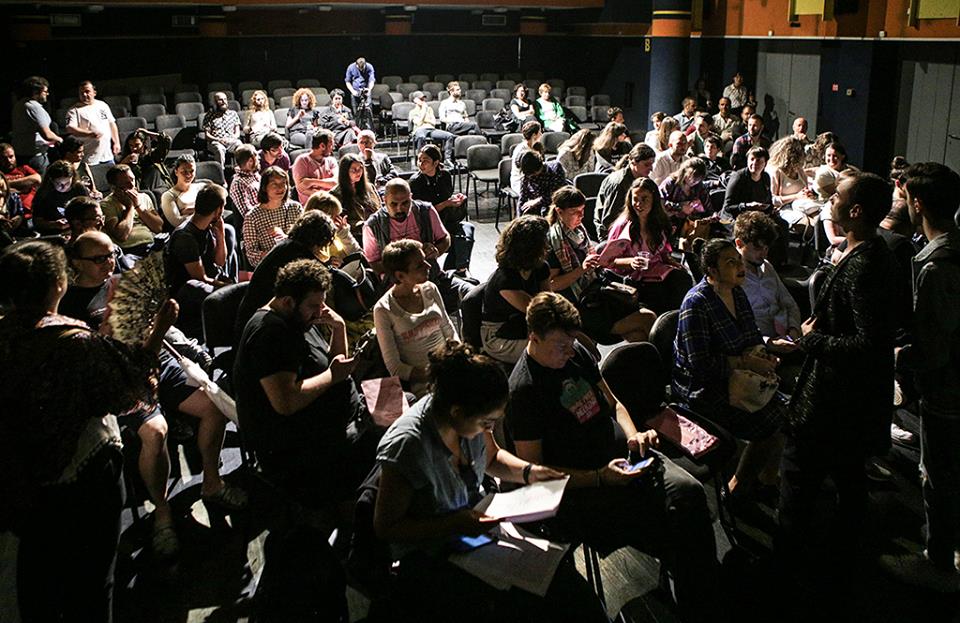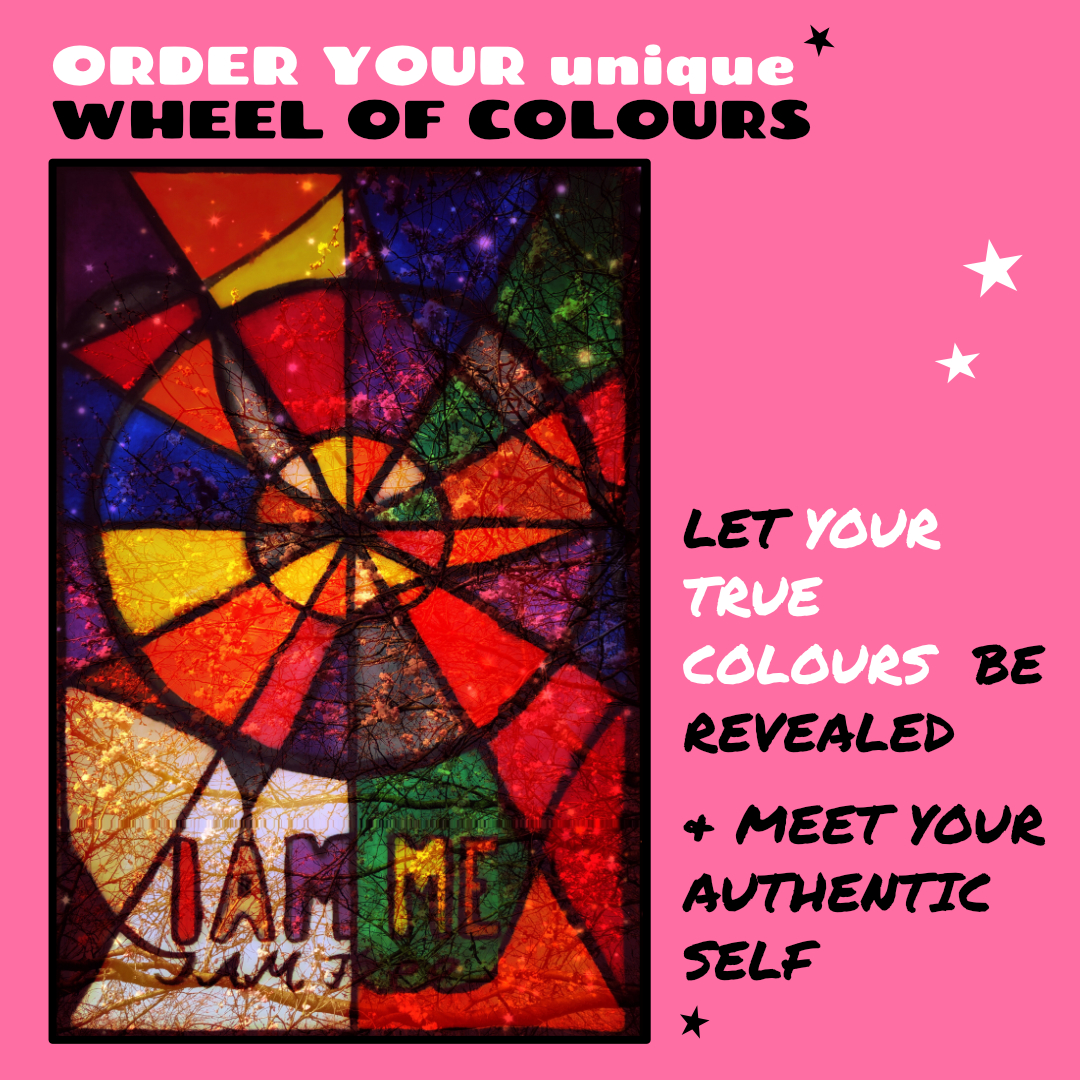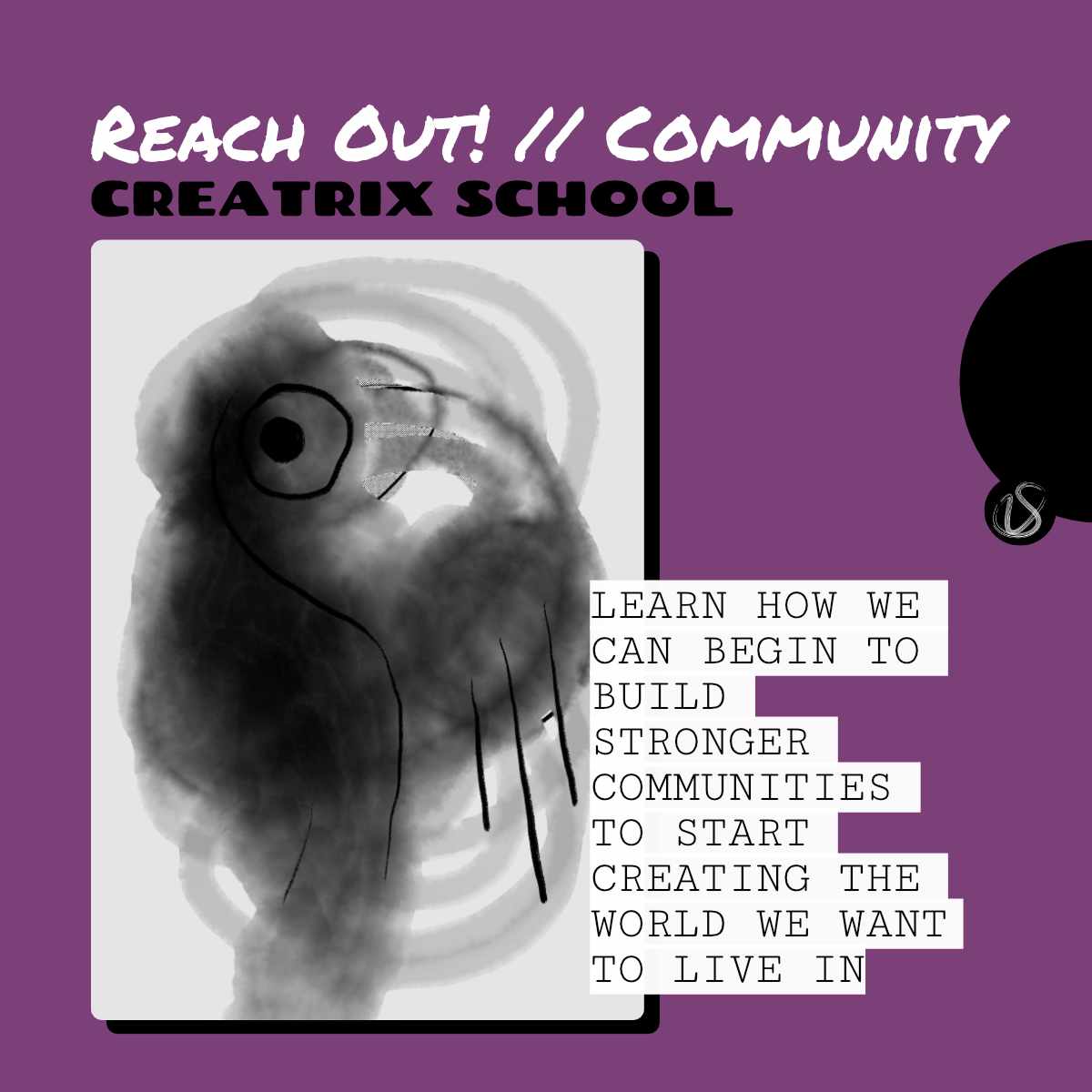Meet Slavco Dimitrov, one of the organizers of Skopje Pride Weekend.
On June 28th, 1969 the Stonewall Riots kicked off a larger gay rights movement in the USA.
In 1970, the first gay pride marches took place in New York, Los Angeles, San Francisco and Chicago – today pride parades are taking place all around the world.
In 2018, I wanted to know who the people organizing today’s pride parades are, what the marches mean to them, and met wonderfully powerful, loving and kind people from places, which might not be the first ones that come to mind, when we think of queer love.
See all Faces of Pride.
What’s your name and age?
My name is Slavco Dimitrov and I’m 34 years old.
Since when have you been involved with Skopje Pride Weekend?
I was involved with SPW since the very beginnings, 6 years ago, when we started the festival. The first years it was very small and modest set of events, mainly community-based events.
Why do you think Skopje Pride Weekend is important?
SPW is the only queer art and cultural festival in Macedonia, and is one of the rare, if not the only, space where Macedonian audiences can get informed and see queer and feminist art and cultural productions, hear different lectures working on queer subjects, and understand queer art production as an equally relevant part of contemporary arts and the history of art.
Even more, the festival is a great occasion for national art institutions to host queer artists, present queer arts and exhibit some of the most relevant artists today, henceforth building collaboration with these very traditional and sterile institutions, and breaking the closed circle of reproducing certain notions of what art is, and what is the place of gender and sexuality in arts and culture.
Furthermore, considering that the focus of the SPW is set mainly on performing arts, that take the body as the major medium for art expression, thus contesting power by setting the body as the battleground, we take this festival as direct political and cultural intervention of the dominant heteronormative sensorium and bodily discipline of the citizens (the body being the major register for gender and sexuality and the different social norms and their embodiment).
The SPW is one of the rare festivals and platforms that manages and aims to bring into productive dialogue queer theory, queer arts and queer politics/activism, something which we find being highly important considering the isolationist tendencies with this separate disciplines and practices.
The several years of work have set this festival as one of the most important queer festivals in the region as well, which again I consider to be on of the sites for taking the festival seriously and considering it as an important work.
What is one (or two) remarkable thing(s) that has/have happened at Skopje Pride Weekend?
It’s hard to choose among the many things, but maybe we can accentuate a few things:
1. Some of the artists we’ve brought to Skopje, people that have marked the history of art, and queer art in particular, such as Vaginal Davis, Cassils, del LaGrace Volcano, and David Hoyle.
2. The diverse queer audience that gathers at one place, breaking the barriers coming from class, gender, ethnicity, and being together at one place with people who do not identify as strictly queer, or whose work is very institutionalised, and isolated from the social and cultural practices of our community.
3. Remarkable, but not pleasant: the violence and the attacks on the LGBTI Support Center the first year we organized the SPW, in 2012.
What do you do when you are not organizing Skopje Pride Weekend?
I am working as a programme coordinator at the Coalition MARGINS, and have many day to day activities I work on when not organizing the SPW. These activities include a lot of advocacy with different stakeholders, cooperation and work with different state institutions (police, social workers, health professionals etc.), work with media, initiating and conducting different researches related to different aspects of the queer community etc.
I am also doing a lot of academic research and writing, in the field of queer theory, gender and cultural studies, political philosophy etc, and currently working on my PhD project. And reading, lots of reading 🙂
What do you like to do in your free time?
Read for my PhD project, lots of theory and philosophy, hang out with my friends and party a lot 🙂
Is there something you would like to say to the rest of the LGBT+ community?
We cannot, we must not be satisfied with simply getting included, meaning assimilated in the major oppressive institutions and life-forms of heteronormativity.
Our struggle for justice is a struggle for emancipation and deep socio-political, economic and cultural transformation, requiring radical explosion of the norms of gender and sexuality, and intersectional approach and politics, addressing questions of class, race, ethnicity and ecology at the same time as we struggle for gender and sexual equality and emancipation.
Heteronormativity has always been also co-constituted with a class system of capitalist exploitation, racial divisions and exclusions on the grounds of ethnicity, hence fighting sexual and gender inequality must attend to all these other inequalities and systems as well.
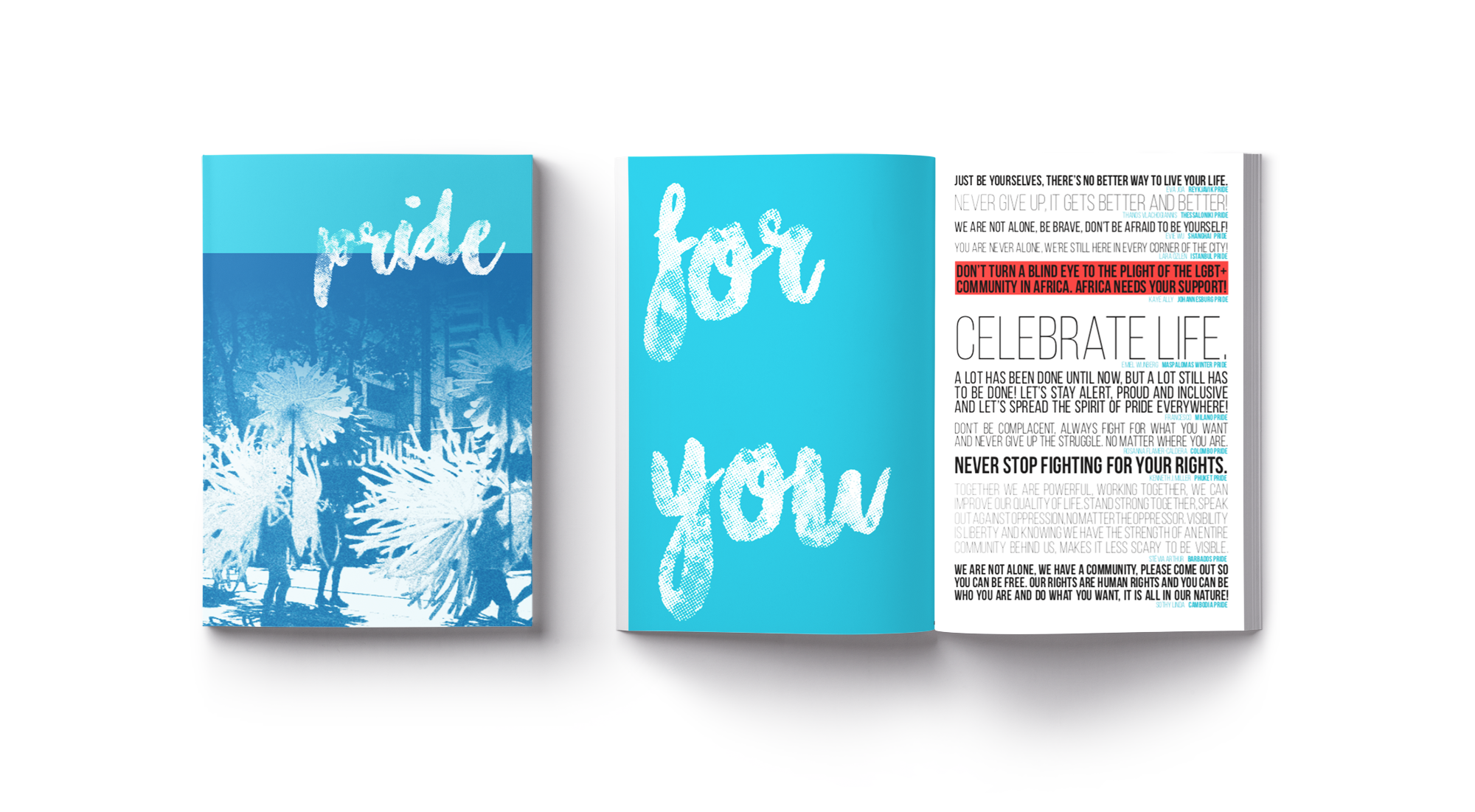
DOWNLOAD FREE PRIDE ZINE
[convertkit form=3372792]
Not different, just love
How do you feel when it comes to dealing with our emotions, expectations and responsibilities, around coming out, living as a LGBTIQ+ person and when it comes to our families and love in general?
